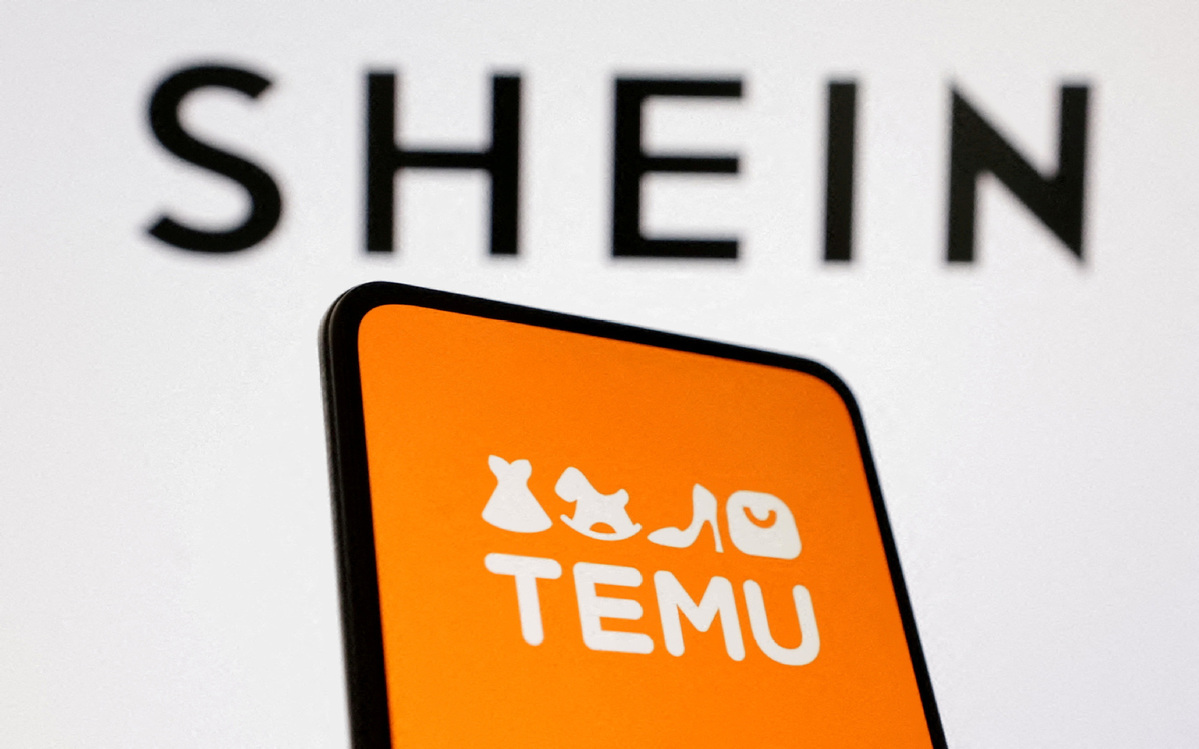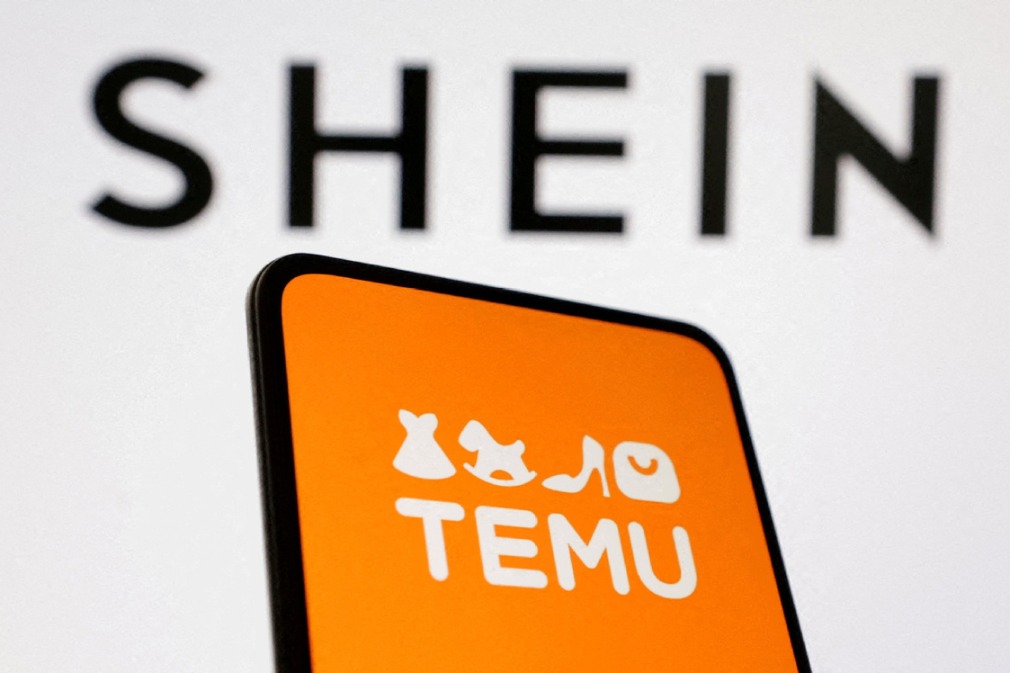Small parcels rule exemption gives respite to US customers


US customers of Chinese online discount retailers such as Shein and Temu have got a respite from high prices with a reduction in duties on smaller packages.
The administration of United States President Donald Trump announced on Monday it would reduce tariffs on low-cost packages from China that fall under the de minimis exemption — from 120 percent to 54 percent.
The de minimis tax law is a loophole that allows low-cost parcels to enter the US duty-free and avoid customs inspections if they have a retail value under $800. The announcement was made on the same weekend when the US and China paused higher tariffs on each other for 90 days.
A flat fee of $100 will remain on parcels starting Wednesday, while the $200 charge that was to be imposed from next month was canceled.
Z. John Zhang, a professor of marketing at the Wharton School of the University of Pennsylvania, told China Daily that Shein and Temu have become popular with US shoppers "because they get the order and then produce it", allowing them to be "fast, low-cost and have a lot of choices".
The move is widely seen as another step in de-escalating trade tensions between the world's two largest economies. It will also enable the companies to import more goods amid the pause.
"This is great for Shein and Temu, if nothing else, to replenish their US inventory," Yao Jin, an associate professor of supply chain management at Miami University of Ohio, told USA Today.
Estimates by Baird Equity Research suggest that in 2018, at least 75 percent of all the packages that entered the US under de minimis were from China. Today, it is more than 60 percent.
In February, Trump suspended the rule for China by imposing a tax of 120 percent of the package's value or a planned flat fee of $200.
The administration initially described it as a "critical step in countering the ongoing health emergency posed by the illicit flow of synthetic opioids into the US".
However, the pause sparked confusion as the US Postal Service said on Feb 5 that it would stop accepting parcels from China temporarily. It reversed course 12 hours later, and the service was resumed.
The Trump administration then delayed the implementation of the rule until the Commerce Department could set up a system to process inspections and levies on the shipments.
Sufficient systems
Commerce Secretary Howard Lutnick confirmed to the administration last month that sufficient systems were in place to collect tariff revenue.
On April 2, the so-called Liberation Day, Trump signed an executive order to eliminate de minimis for China.
In fiscal year 2024, at least 1.36 billion shipments utilized de minimis, an increase of 637 million compared with 2020, according to US Customs and Border Protection.
In 2018, Chinese exports under de minimis were worth $5.3 billion, but rose to $66 billion in 2023, the Congressional Research Service found. Much of the parcels are shipped directly from China to the customer.
It could have cost US consumers between $11 billion and $13 billion if the rule was eliminated, according to the paper "The Value of De Minimis Imports" by the Department of Economics at the University of California, Los Angeles, and Yale University.
Zhang, from the University of Pennsylvania, who helps companies on pricing strategies, market entry and channel and retail management, had warned that Temu and Shein might have to adjust their business models if de minimis ended.
He advised that the way they can keep US-based customers, despite any higher fees, is to keep the ethos of fast fashion alive — such as providing low-cost goods, using automation and shifting more production to the US.
































